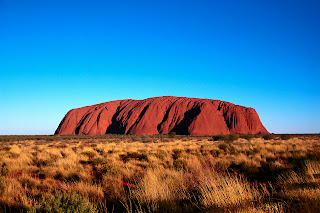It is denominational and generational.
By denominational, I mean that the way that people worship God varies largely from church to church. There are churches that are exuberant and over the top, and churches that are simplistic and traditional. Most people say that it's just up to preference.
By generational, I mean that Christian's opinions on this issue varies from generation to generation.
 The older generations of Christians were mostly brought up attending small and quiet churches or holy cathedrals. They were taught early on that the sacred way to worship God was in quiet and reverent silence. Their preferences would mostly be to worship this way, the way that most people did when they were growing up because they think it is appropriate.
The older generations of Christians were mostly brought up attending small and quiet churches or holy cathedrals. They were taught early on that the sacred way to worship God was in quiet and reverent silence. Their preferences would mostly be to worship this way, the way that most people did when they were growing up because they think it is appropriate.Though, a lot of people don't mind what way others worship God. Some like to spend time with God in nature, or at youth group with lots of noise, or in an awe-inspiring cathedral. But still, what is all the show of "contemporary" worship for?

 I think it's just about being relevant. Teenagers would have no way, or would struggle to worship God if the only way was by singing hymns on a Sunday. The Bible says to "make to make joyful noise to the Lord", it doesn't say at this certain time, at this certain place and this certain way. So personally I think it doesn't matter what type of worship you are conducting, or how you show your love to Him. What matters is that it comes from the heart, and it's completely genuine.
I think it's just about being relevant. Teenagers would have no way, or would struggle to worship God if the only way was by singing hymns on a Sunday. The Bible says to "make to make joyful noise to the Lord", it doesn't say at this certain time, at this certain place and this certain way. So personally I think it doesn't matter what type of worship you are conducting, or how you show your love to Him. What matters is that it comes from the heart, and it's completely genuine.





